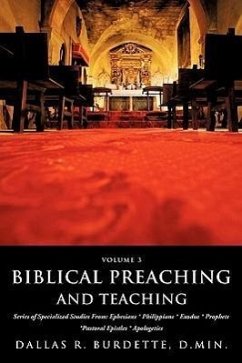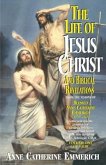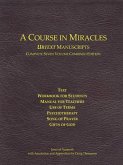One objective of this book is to set forth an interest in the Book of Ephesians and the Book of Philippians. Ten studies are developed from Ephesians in order to explain predestination, election, and the richness of God's grace. Chapters 11 and 12 advance God's salvation with an emphasis in Chapter 11 concerning the role of women in sharing the message of redemption. Chapter 13 examines one's life before rebirth and life after rebirth. Chapter 14 looks carefully at arguments adopted to condemn instrumental music in the Christian assembly. The next seven chapters (15-21) investigate several statements from the Book of Philippians with accent upon God working in us to accomplish His outreach to the lost. Three chapters (22-24) look at the purpose of the church, church and ministry, and the identification of the church. Chapter 25 sets forth the biblical date for the Exodus as well as biblical chronology versus liberal chronology. The next chapter (26) looks at the prophetic ministry. Chapters 27 and 28 review the prophet Jonah with an emphasis upon his psychological setback in his first refusal to carry out God's command to go to Nineveh. Chapter 29 discusses God's admonition to Joshua. Chapters 30-32 scrutinize 1 Timothy 2:11-15, which in-depth study is an overview of the Pastoral Epistles. This study seeks an answer to Paul's negative declaration about the participation of women in the church at Ephesus. These particular women were involved in the telling of stories about their gods and goddesses as well as the practice of magic. They did not understand the true nature of Jesus. The next three chapters (33-35) analyze the identity of Jesus. And, finally, Chapter 36 is written from an apologetic viewpoint, which reading concentrates upon the "cell" to demonstrate that there is an Intelligent Designer.
Hinweis: Dieser Artikel kann nur an eine deutsche Lieferadresse ausgeliefert werden.
Hinweis: Dieser Artikel kann nur an eine deutsche Lieferadresse ausgeliefert werden.








